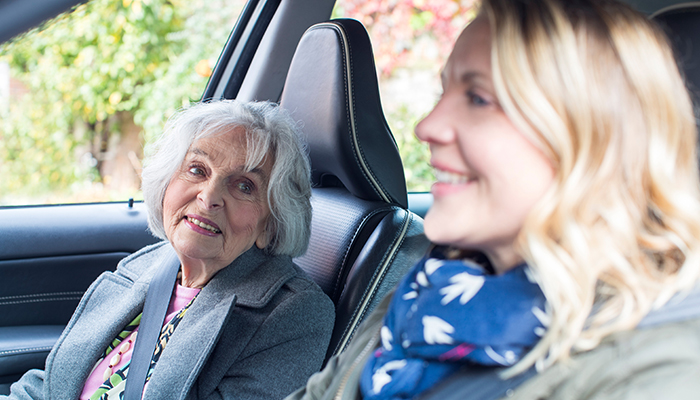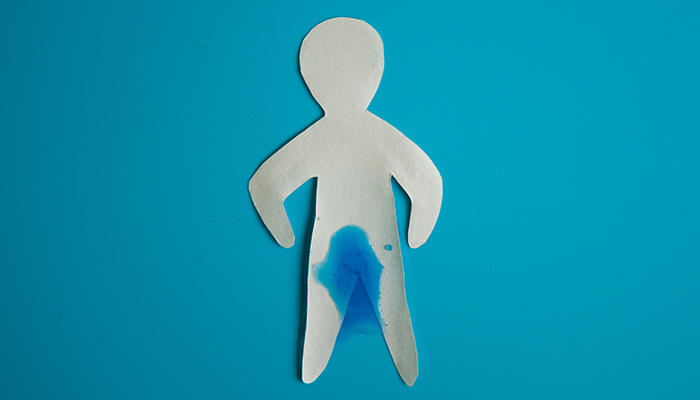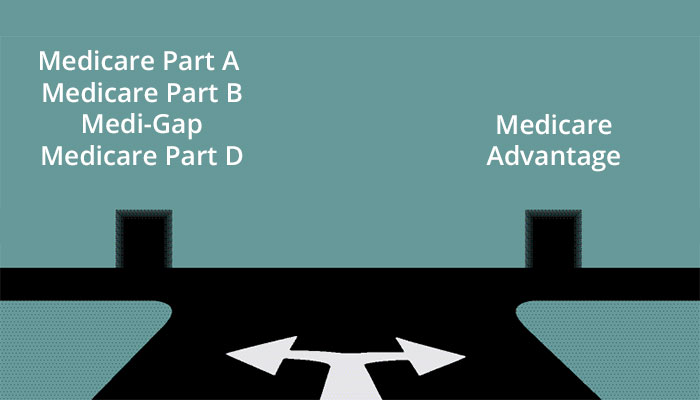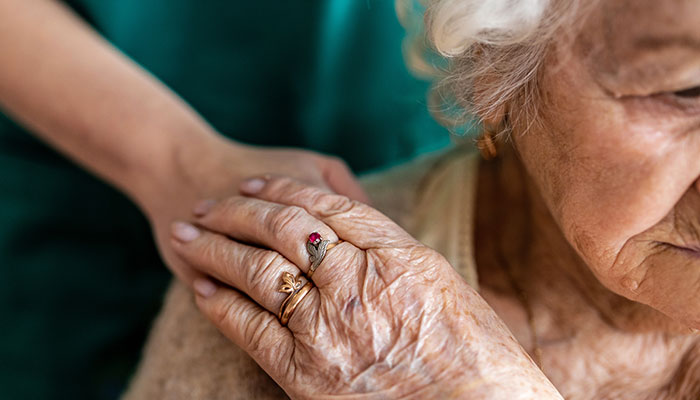
For nonmedical support, check out community programs. Many are provided by nonprofit organizations. Others by faith communities. And still others by local government. Most offer discounts or a sliding-scale fee.


For nonmedical support, check out community programs. Many are provided by nonprofit organizations. Others by faith communities. And still others by local government. Most offer discounts or a sliding-scale fee.

The holiday season is a festive time of year, but it may not feel much like a celebration for people grieving the loss of a loved one. Holidays are an especially tender time for missing those who are no longer with us.

Almost 3.5 million members of the military served in Vietnam between 1964 and 1975. Was your relative one of them? This group of veterans continues to face physical and mental health problems.

There are many undergarments designed to help with incontinence. They can’t prevent it, but they can help your loved one feel more comfortable with outings and retain their dignity despite the embarrassment of accidents.

Once a year, Medicare offers the option to change plans. In 2021, the Open Enrollment period is October 15–December 7. Your loved one may be considering a switch to a “Medicare Advantage” plan. There are pros and cons.

If the person you care for has a life-threatening illness, you might think it’s only natural for them to feel down. Even hopeless from time to time.
But weeks of sadness are not a side effect one simply has to tolerate. It is not uncommon for someone with cancer or a similarly scary diagnosis to become depressed. But depression can and should be treated. Effective treatment makes for better quality of life. It can also improve other symptoms, such as pain and insomnia.

More than half of older adults take five or more medications per day. That’s “polypharmacy,” and can be dangerous. Taking too many medicines can cause problems such as dizziness, mental confusion, and heart failure. It can create an increased risk of falls, which often lead to the end of independent living. An estimated 10% to 30% of older adult hospitalizations are due to medication problems.

If the person you care for has Alzheimer’s disease or another type of dementia, you may find their sudden emotional swings more difficult than their forgetfulness. Among many things, the disease has taken away their inhibitions. They can become quite irrational. And they are more likely to make a scene in public than they ever would have before their dementia. Family members mention embarrassment as one of the most difficult aspects of caring for their relative.

One of the most challenging dilemmas when caring for an aging parent is balancing their preference for independence with your concern for their safety. If you have noticed lapses in cleanliness, meals, bill payment, or other areas, you may be worried that your loved one is not able to safely live alone. They may refuse assistance, however, not recognizing there is a problem.

What do a marathon runner and your aging parent have in common? Both could benefit from compression socks! By applying pressure to the legs, compression socks help the valves in the veins do their work—so blood is pushed back to the heart and doesn’t pool in the legs. Older adults with edema (swollen legs), varicose veins, or deep vein thrombosis find that compression socks ease discomfort and can even prevent problems.
© 2002-2024, Heather Hersee Care Management. Site created by Elder Pages Online, LLC.